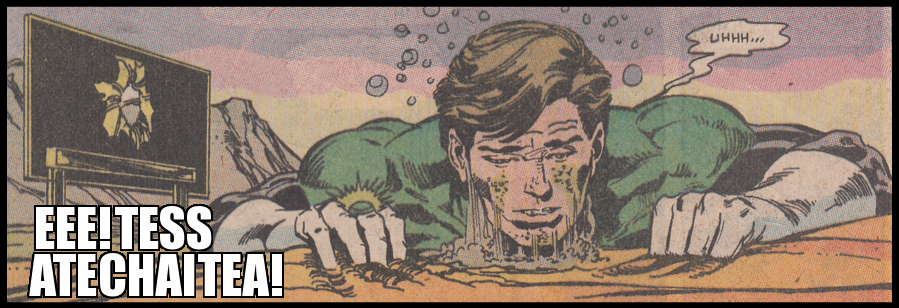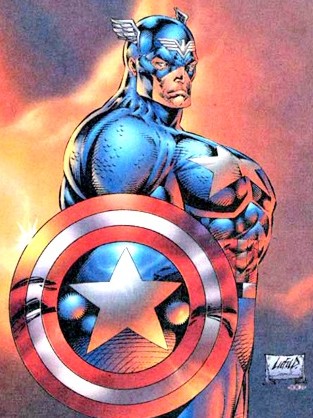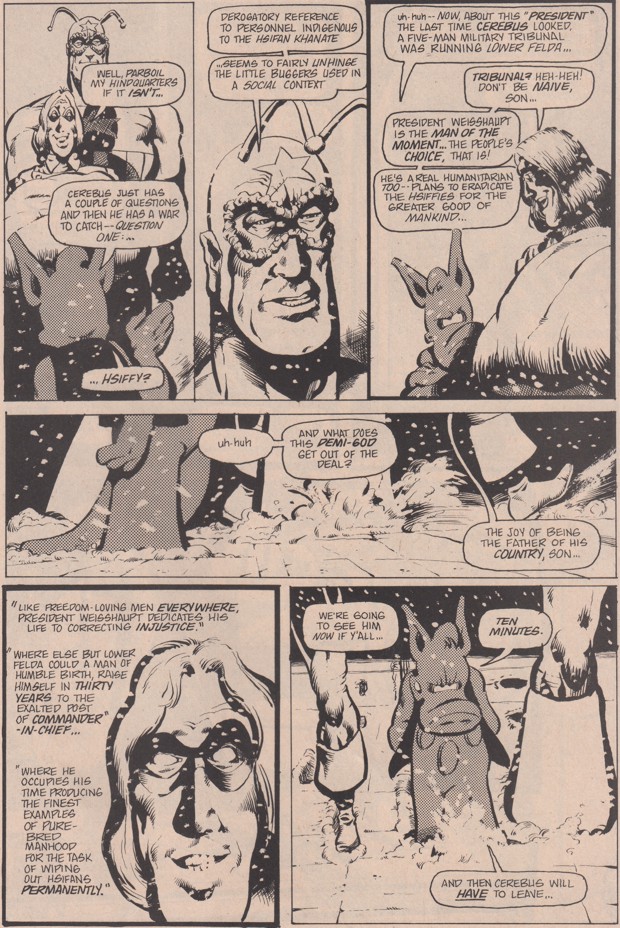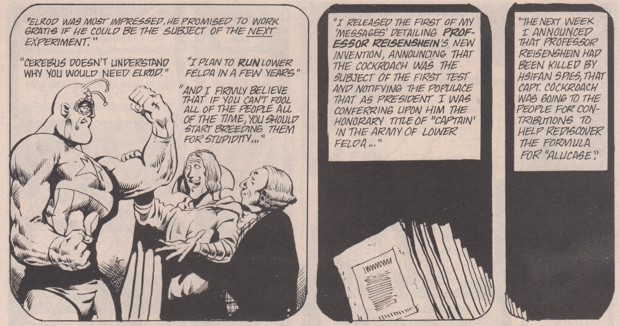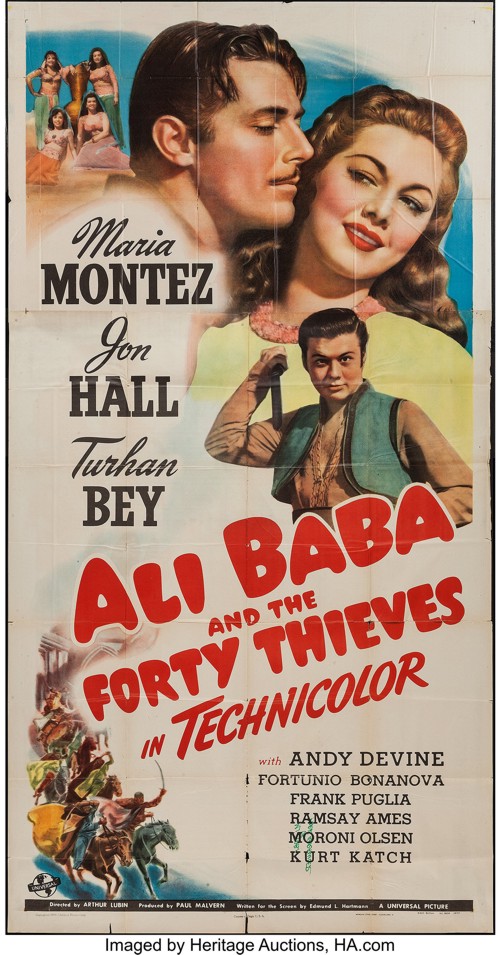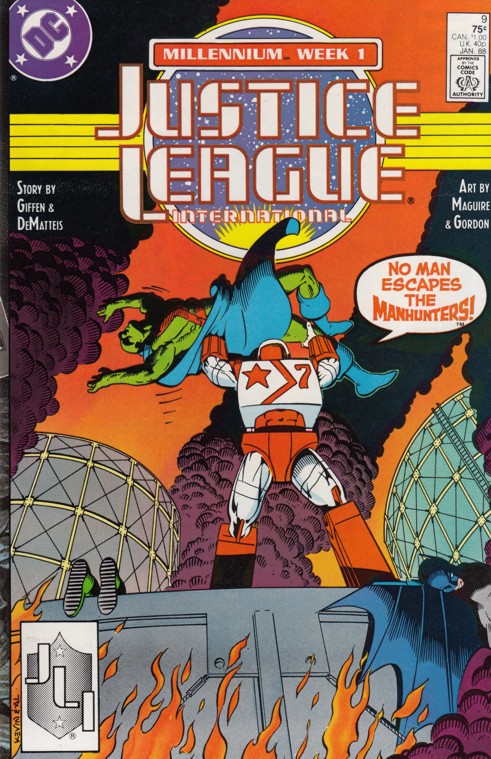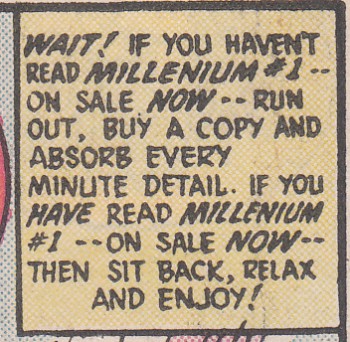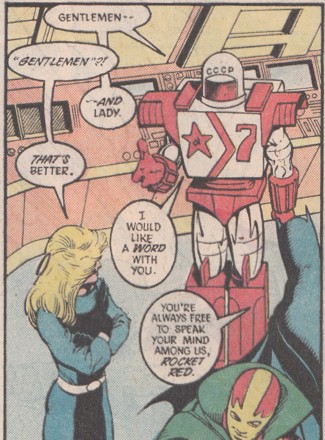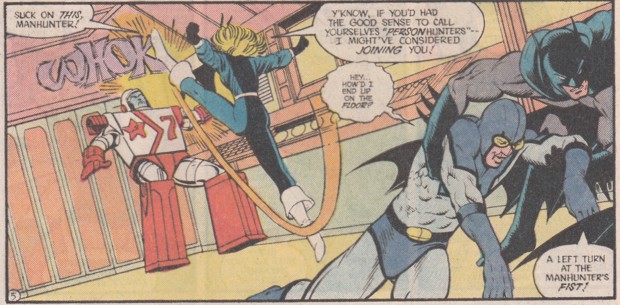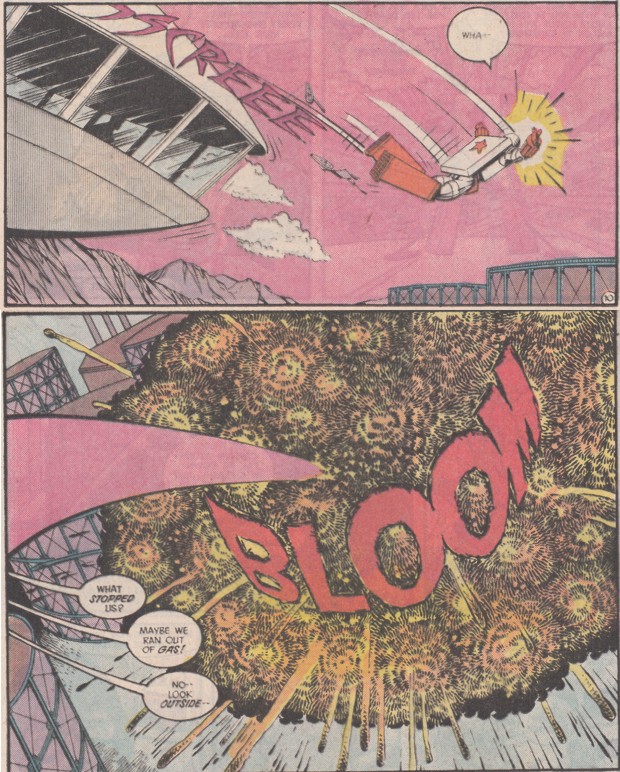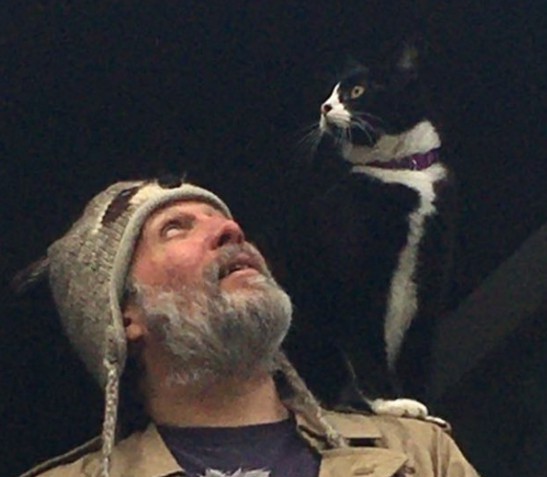This section begins in the middle of a dream Pointsman is having. Kind of. I guess it begins with Pointsman asking himself, "When did you enter the paradoxical phase? Because it must have happened recently. You're now sleeping through the noise of all those bombers noisily flying by! So much noise! But also so much sleep! And what are you doing instead of waking up? You're dreaming!" If Pynchon ever reads my blog, he'll probably be thinking, "Damn! That young man said it how I should have!"
Also, I'm not a young man. But I still get called a young man by really old men. It's super fucking cute.
Part way through the description of the dream, as Pointsman is leaving his house to enter the childhood village where he grew up, he begins to remember how previous dreams in this location usually go. He usually walks out of his house and turns right where he winds up in a cemetery and then begins to fly. But he can only rise so far, slowing as he goes. And then he stops. You know. The way the rocket does. I mean until it begins to fall, of course. I'm not dumb! I've known how rockets work since I was like twelve! But this time in the dream, he goes left. I suppose that's the direction where the rocket falls back to Earth? It's also known as the sinister direction. You know. Left. Which Pointsman mentions to the woman who is his wife whom he doesn't know at all because he's never had one. It's sinister time!
Other rocket imagery in the dream: a white light falling from the sky and the time of day, 6 o'clock, where the hands are straight up and down.
Pointsman awakes with a start at the tentative knocking on his door of Thomas Gwenhidwy who has come to report that Spectro has been killed in a rocket blast. That's what makes him realize he's in the paradoxical phase. He sleeps through loud noises but wakes to quiet ones. Also Gwenhidwy means a lot of different things in Welsh depending on how I put them into Google the Terrible Translator. It can mean filthy smile or white filtrate! I think it also meant something else when I put it in some weird way but I've forgotten because I did that a few days ago.
As Pointsman contemplates his mortality in the face of Spectro's death, I can't help thinking of the seven scientists who have shared The Book (five of whom are dead now) as a superhero group, probably because of names like Lamplighter and Spectro. Plus they're all being picked off in some Watchmen style plan by the smartest man in the world. It's a weird superhero group though because they're battling the Nazis and their super weapons by studying conditioning and madness and paranoia but failing at every turn. How could they succeed? What are they studying that can be used proactively against the rocket, against pure violence? Abreactions, conditioning, madness, hysteria? Like the sound of the rocket coming only after it hits, the things they study are the results, the after-effects, of the rocket's violence. Like how Roger's statistics can't save anybody, it can only offer some kind of understanding of the pattern of the rockets which seems to offer a vague hope or slight control, Pointsman and his group's studies will not save one life. But it might shine new light on how people become numb to the death all around them, how people can live with the possibility of instantaneous obliteration in the same way they've always lived without it. In a way, it's nothing new. It's just one more way to die that must be cloaked in denial and disbelief if one wants to get anything done at all during daylight hours.
Pointsman even sees himself as the Superman of the group, the lone survivor (he apparently can't imagine that the lone survivor of The Book's group might be Gwenhidwy), stepping up to accept the Nobel Prize for finally discovering the proof that it all, every single aspect of human behavior, comes down to physiology. He even imagines his final obstacle as some arch nemesis, some super villain (or Minotaur or Nazi hound or silent killer). In some way I don't totally understand because I've never had any ambition, he has his own death wrapped up in his fantasy of his final and ultimate success. Perhaps it seems more glorious to him this way, more heroic.
But he had lost that dream many years ago, beat down by routine and funding and bosses. Until now. Now, with Slothrop in his sights, he once again sees the possibility of seeing Pavlov's work completed and bringing the ultimate truth of why humans are what they are and why they do what they do to all mankind. Or maybe he just desperately needs to know why Slothrop gets hard-ons at places the rockets will fall. He probably makes a big deal about it so that the reader, realizing they still have six hundred pages left in the book, will be all, "Oh! Yeah! I want to know the answer to that too! I'm going to totally stick with this book to find out the answer which Pynchon will definitely reveal to me!" Ha ha! Idiot.
Slothrop has already been sent to the Riviera so I guess Pointsman's experiment has already started. Oh yeah. That makes sense since I am only about thirty pages away from Chapter 2.
"There's something here, too transparent and swift to get a hold on—Psi Section might speak of ectoplasms—but he knows that the time has never been better, and that the exact experimental subject is in his hands. He must seize now, or be doomed to the same stone hallways, whose termination he knows. But he must remain open—even to the possibility that the Psi people are right. "We may all be right," he puts in his journal tonight, "so may be all we have speculated, and more. Whatever we may find, there can be no doubt that he is, physiologically, historically, a monster. We must never lose control. The thought of him lost in the world of men, after the war, fills me with a deep dread I cannot extinguish. . . ."
Another possibility is that Pointsman simply fears losing the funding he's been getting because of the War. The only way to keep going after the War is to run the Slothrop Experiment! And also to bribe Pudding with poo-poo and pee-pee.
Also, I'm not a young man. But I still get called a young man by really old men. It's super fucking cute.
Part way through the description of the dream, as Pointsman is leaving his house to enter the childhood village where he grew up, he begins to remember how previous dreams in this location usually go. He usually walks out of his house and turns right where he winds up in a cemetery and then begins to fly. But he can only rise so far, slowing as he goes. And then he stops. You know. The way the rocket does. I mean until it begins to fall, of course. I'm not dumb! I've known how rockets work since I was like twelve! But this time in the dream, he goes left. I suppose that's the direction where the rocket falls back to Earth? It's also known as the sinister direction. You know. Left. Which Pointsman mentions to the woman who is his wife whom he doesn't know at all because he's never had one. It's sinister time!
Other rocket imagery in the dream: a white light falling from the sky and the time of day, 6 o'clock, where the hands are straight up and down.
Pointsman awakes with a start at the tentative knocking on his door of Thomas Gwenhidwy who has come to report that Spectro has been killed in a rocket blast. That's what makes him realize he's in the paradoxical phase. He sleeps through loud noises but wakes to quiet ones. Also Gwenhidwy means a lot of different things in Welsh depending on how I put them into Google the Terrible Translator. It can mean filthy smile or white filtrate! I think it also meant something else when I put it in some weird way but I've forgotten because I did that a few days ago.
As Pointsman contemplates his mortality in the face of Spectro's death, I can't help thinking of the seven scientists who have shared The Book (five of whom are dead now) as a superhero group, probably because of names like Lamplighter and Spectro. Plus they're all being picked off in some Watchmen style plan by the smartest man in the world. It's a weird superhero group though because they're battling the Nazis and their super weapons by studying conditioning and madness and paranoia but failing at every turn. How could they succeed? What are they studying that can be used proactively against the rocket, against pure violence? Abreactions, conditioning, madness, hysteria? Like the sound of the rocket coming only after it hits, the things they study are the results, the after-effects, of the rocket's violence. Like how Roger's statistics can't save anybody, it can only offer some kind of understanding of the pattern of the rockets which seems to offer a vague hope or slight control, Pointsman and his group's studies will not save one life. But it might shine new light on how people become numb to the death all around them, how people can live with the possibility of instantaneous obliteration in the same way they've always lived without it. In a way, it's nothing new. It's just one more way to die that must be cloaked in denial and disbelief if one wants to get anything done at all during daylight hours.
Pointsman even sees himself as the Superman of the group, the lone survivor (he apparently can't imagine that the lone survivor of The Book's group might be Gwenhidwy), stepping up to accept the Nobel Prize for finally discovering the proof that it all, every single aspect of human behavior, comes down to physiology. He even imagines his final obstacle as some arch nemesis, some super villain (or Minotaur or Nazi hound or silent killer). In some way I don't totally understand because I've never had any ambition, he has his own death wrapped up in his fantasy of his final and ultimate success. Perhaps it seems more glorious to him this way, more heroic.
But he had lost that dream many years ago, beat down by routine and funding and bosses. Until now. Now, with Slothrop in his sights, he once again sees the possibility of seeing Pavlov's work completed and bringing the ultimate truth of why humans are what they are and why they do what they do to all mankind. Or maybe he just desperately needs to know why Slothrop gets hard-ons at places the rockets will fall. He probably makes a big deal about it so that the reader, realizing they still have six hundred pages left in the book, will be all, "Oh! Yeah! I want to know the answer to that too! I'm going to totally stick with this book to find out the answer which Pynchon will definitely reveal to me!" Ha ha! Idiot.
Slothrop has already been sent to the Riviera so I guess Pointsman's experiment has already started. Oh yeah. That makes sense since I am only about thirty pages away from Chapter 2.
"There's something here, too transparent and swift to get a hold on—Psi Section might speak of ectoplasms—but he knows that the time has never been better, and that the exact experimental subject is in his hands. He must seize now, or be doomed to the same stone hallways, whose termination he knows. But he must remain open—even to the possibility that the Psi people are right. "We may all be right," he puts in his journal tonight, "so may be all we have speculated, and more. Whatever we may find, there can be no doubt that he is, physiologically, historically, a monster. We must never lose control. The thought of him lost in the world of men, after the war, fills me with a deep dread I cannot extinguish. . . ."
Another possibility is that Pointsman simply fears losing the funding he's been getting because of the War. The only way to keep going after the War is to run the Slothrop Experiment! And also to bribe Pudding with poo-poo and pee-pee.
